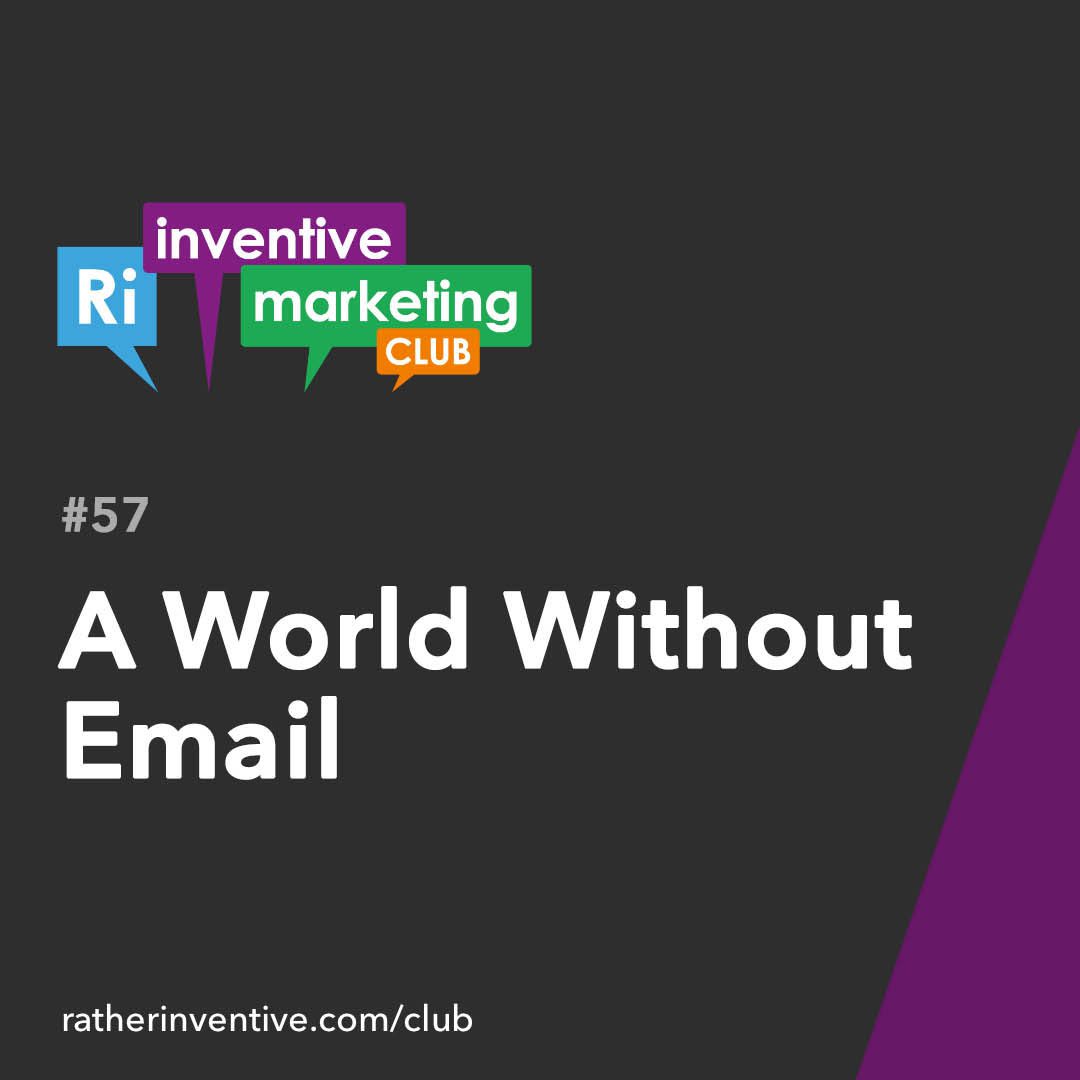I’ve often heard the term ‘Hanlon’s Razor’ – usually on tech podcasts – in relation companies doing the wrong thing and where people assume the worst and jump to conclusions. so decided to look it up.
‘Never attribute to malice that which is adequately explained by stupidity’
Robert J. Hanlon
An example of this can be seen when Apple was accused of slowing down old iPhones to force people to upgrade, where in fact an update was made to improve the performance of phones with older batteries by slowing them down a little to prevent a high peak power drawn causing the phone to crash.
The same effect can be seen on social media when people jump on the back of a scandalous story.
Modern media treats outrage as a profitable commodity. This often takes the form of articles which attribute malice to that which could be explained by incompetence or ignorance. We see examples of this play out in the media multiple times a day. People rush to take offense (sic) at anything which contradicts their worldview or which they imagine to do so. Media outlets are becoming increasingly skilled at generating assumptions of malicious intent. When looking at newspapers, websites, and social media, it can be beneficial to apply Hanlon’s razor to what we see.
https://fs.blog/2017/04/mental-model-hanlons-razor/
The lesson I take is not to see the worst in peoples mistakes but to assume they are busy, forgetful or hassled like the rest of us and to give them the benefit of the doubt. At least the first time. Not only will it help you to stay calm but it will also moderate your response and prevent a situation from escalating.
The quoted article from FS above, dives into detail as well as explaining other popular terms like Occam’s Razer. Well worth a read.


